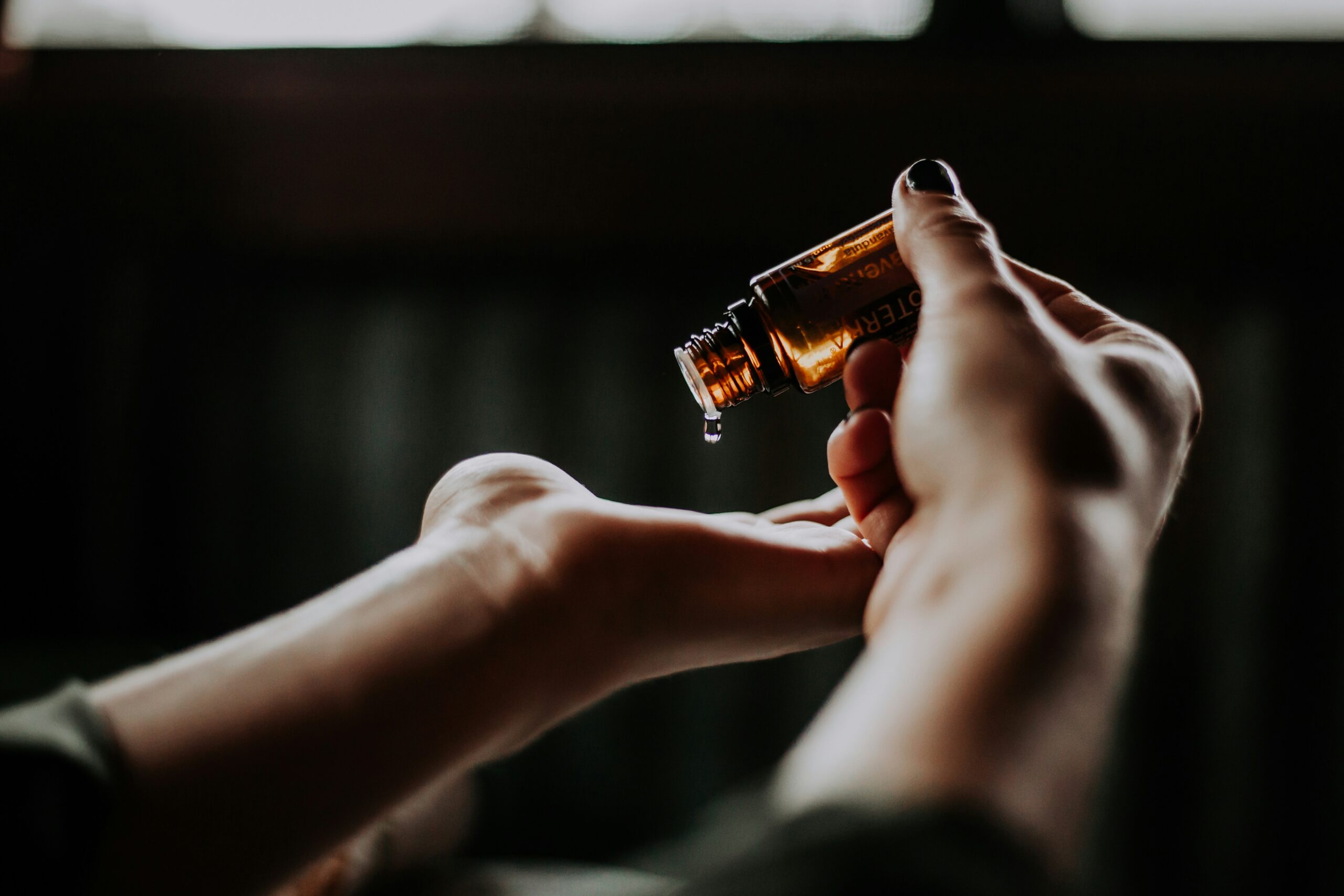The beauty industry is evolving. More consumers are now seeking brands that align with their values. Ethical beauty brands go beyond just selling products. They commit to sustainability, fair trade, and uplifting communities worldwide.
This shift in focus is helping create a more conscious and compassionate industry. But why does it matter, and how can you make better choices? Let’s explore what makes ethical beauty brands so impactful.
What Defines an Ethical Beauty Brand?
An ethical beauty brand prioritizes environmental and social responsibility. These brands aim to reduce harm to the planet while positively impacting people.
They focus on key aspects like sustainable sourcing, cruelty-free practices, and transparency. Many also invest in fair trade initiatives, ensuring workers are paid fairly for their efforts.
Choosing ethical brands helps promote a cycle of responsible consumerism. Every purchase becomes a step toward supporting a kinder, more sustainable world.
1. Sustainability in Ethical Beauty
Sustainability is at the core of ethical beauty. It’s about using resources wisely without depleting them for future generations.
Many brands choose renewable ingredients, biodegradable packaging, and eco-friendly production methods. They avoid single-use plastics and prioritize recycled materials.
For example, brands like Lush and Ethique use minimal packaging, reducing waste significantly. This effort helps combat the growing global plastic crisis.
Moreover, sustainable beauty supports biodiversity. Ingredients are often sourced from renewable plant materials, ensuring ecosystems remain healthy and productive.
2. Fair Trade Practices in Beauty
Fairtrade ensures that workers and farmers receive fair wages and work in safe conditions. This practice uplifts communities and reduces exploitation in developing regions.
Many ethical beauty brands partner with fair trade cooperatives. These partnerships provide opportunities for small-scale farmers and artisans to thrive.
Shea butter, cocoa butter, and argan oil are common ingredients sourced through fair trade. Companies like The Body Shop and Alaffia proudly support these initiatives, creating life-changing impacts in communities worldwide.
Choosing fair trade beauty products ensures that your purchase directly supports ethical labor practices. It’s a small choice with a big impact.
3. Cruelty-Free and Vegan Beauty
Animal testing has been a longstanding issue in the beauty industry. Ethical brands are leading the fight against it by committing to cruelty-free standards.
Cruelty-free beauty means products are not tested on animals at any production stage. Many ethical brands also embrace vegan formulations, avoiding animal-derived ingredients altogether.
Brands like e.l.f. Cosmetics and Pacifica are pioneers in this space. They offer high-quality products without harming animals.
Supporting cruelty-free beauty is a compassionate choice. It reflects a growing awareness of animal welfare in the beauty industry.
4. Social Responsibility: Giving Back to Communities
Ethical beauty brands often prioritize giving back. They contribute to social initiatives that empower communities and address global challenges.
For example, some brands donate their profits to education, clean water projects, or women’s empowerment programs. Others work directly with marginalized communities to provide jobs and training.
Rahua, a natural haircare brand, partners with indigenous communities in the Amazon rainforest. Their efforts support conservation and provide sustainable livelihoods for locals.
These actions create a ripple effect, uplifting individuals and regions through mindful business practices.
How to Identify Ethical Beauty Brands
Finding ethical beauty brands can be challenging, but there are ways to ensure your choices align with your values:
- Check Certifications: Look for certifications like Fair Trade Certified, Cruelty-Free, Vegan, or B-Corp.
- Research Transparency: Ethical brands are upfront about sourcing, production, and labor practices.
- Review Ingredients: Avoid brands using harmful chemicals or unsustainably sourced materials.
- Explore Packaging: Choose products with recyclable or biodegradable packaging.
- Read Reviews: Consumer feedback can reveal a brand’s commitment to ethical practices.
Making these small efforts ensures your beauty routine supports brands with genuine ethical values.
Conclusion
Ethical beauty brands represent a brighter future for the industry. They prove that beauty and compassion can coexist by prioritizing sustainability, fair trade, and social responsibility.
Choosing these brands is more than a trend; it’s a statement of values. Every product you purchase can positively impact people, animals, and the planet.
Make your beauty choices count. Support brands that care about a better world.
FAQs
1. What makes a beauty brand ethical?
An ethical beauty brand focuses on sustainability, cruelty-free practices, fair trade, and giving back to communities. They prioritize transparency and reduce environmental impact.
2. How can I tell if a brand is cruelty-free?
Look for certifications like Leaping Bunny or PETA’s cruelty-free logo. Also, check if the brand avoids animal testing at all production stages.
3. Are all ethical beauty brands vegan?
No, not all ethical beauty brands are vegan. Some may use ethically sourced animal-derived ingredients like beeswax. Vegan brands avoid all animal-based components.
4. Why is fair trade important in the beauty industry?
Fair trade ensures workers and farmers are paid fairly and work under safe conditions. It reduces exploitation and supports sustainable livelihoods in developing regions.
5. Can small beauty brands also be ethical?
Absolutely. Many small beauty brands focus heavily on ethical practices, often prioritizing sustainability and fair trade over large-scale profit.



